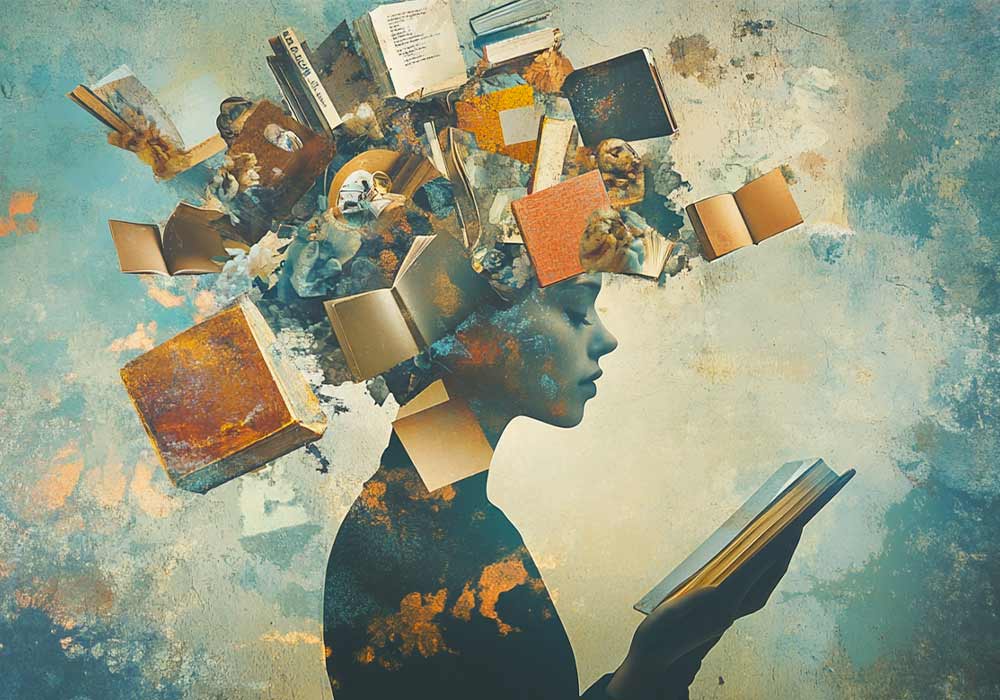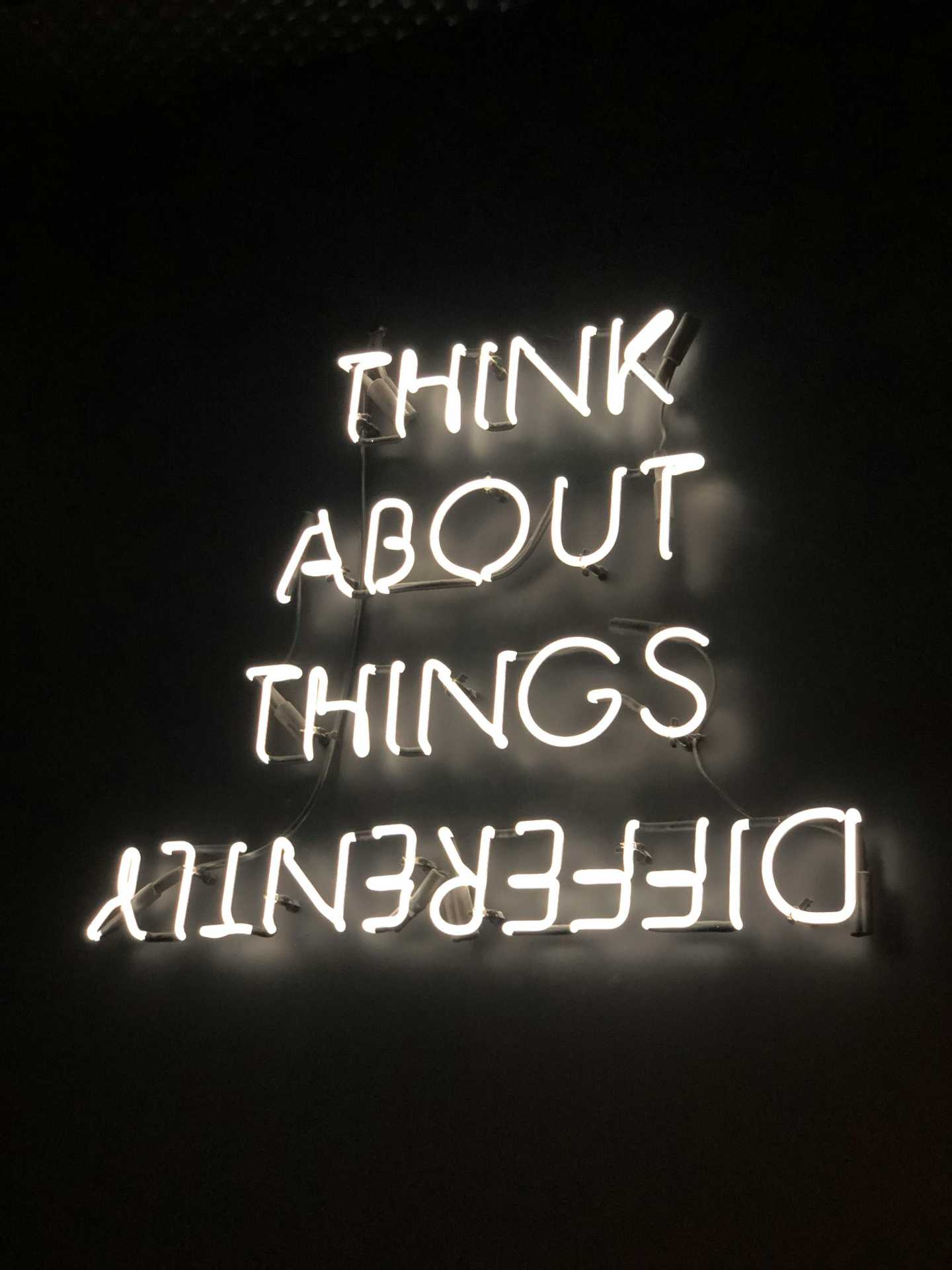Life is, in essence, a learning process. Every day from the moment we are born we acquire knowledge, develop skills and expand the way we see the world. A process that goes beyond classrooms and books, that happens in every experience, every interaction and every challenge we face.
Learning is understanding how to live together, create and even transform our environment. It is not limited to formal education or academic knowledge. Cultivating this attitude of lifelong learning opens doors, fosters our curiosity and helps us reach our full potential.
What will I read about in this article?
The three main types of lifelong learning
A lifelong learner discerns that there are three main types of learning and seeks to develop in each of them:
* Formal learning: This is structured and intentional learning, which occurs within an educational system with programmes specifically designed to transmit knowledge. It usually culminates in a certificate or diploma, as in the case of school or university. According to the sociologist French Pierre Bourdieu, this type of learning generates a new form of institutionalised cultural capital.
* Non-formal learning: Occurs outside traditional education systems, but still has a defined structure and purpose. This includes technical courses (photography, cooking, languages) or training organisational, which are key to professional growth (and personal). Lifelong learners actively seek out non-formal learning opportunities, not being satisfied with education received earlier in life.
*
Informal learning: This takes place in everyday life, through concrete experiences that teach us something new. It can be technical, affective or social, and is often referred to as
experiential or accidental learning. Lifelong learners know how to identify and take advantage of these situations to convert them into learning, either consciously or intuitively.
The Value of Lifelong Learning in Organisations
We don’t all learn in the same way, nor do we all take the same lessons from our experiences. Some of us repeat the same mistakes without realising it. According to this research, true learning takes place when we become aware of the frame of reference within which we are, and therefore think, feel and act, and become critical of its appropriateness, developing more frames of appropriate reference.
Learning therefore lies, in a way, in looking critically at ourselves. Being open to new perspectives allows us to develop more flexible and adaptive thinking. It’s allowing ourselves to recognise that we’re not necessarily right and that there’s room for learning.

